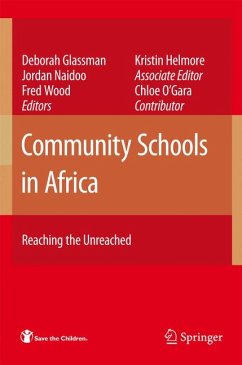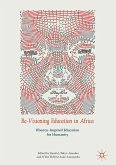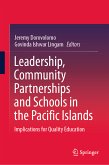Over the past decade, community schools similar to those supported by Save the Children have been established in many developing countries, and especially in sub-Saharan Africa. As large numbers of children attend schools started and managed by their own communities and/or by nongovernmental organizations, questions have come up about the impact of such schools at large scale: "Can village-based or community schools have a national impact on access to education, spur improved long-term development strategies and education policy, or achieve or influence Education for All? This book explores these and related questions, drawing on Save the Children's experience with community-based schooling in four countries: Ethiopia, Malawi, Mali, and Uganda. The literature on community schools in Africa tends to be sparse, repetitive and highly descriptive with little or no sustained critique of practice. This book fills a substantial gap in the education literature and is particularly timely, given the current emphasis on decentralization and community involvement in education.
Save the Children has been a pioneer in the community school movement, particularly in Africa. Community schools are created in areas where access to education is limited or non-existent. The community school approach has been recognized for its easy replicability, cost-effectiveness and dramatic improvements in basic education for children in need.
Dieser Download kann aus rechtlichen Gründen nur mit Rechnungsadresse in A, B, BG, CY, CZ, D, DK, EW, E, FIN, F, GR, HR, H, IRL, I, LT, L, LR, M, NL, PL, P, R, S, SLO, SK ausgeliefert werden.









